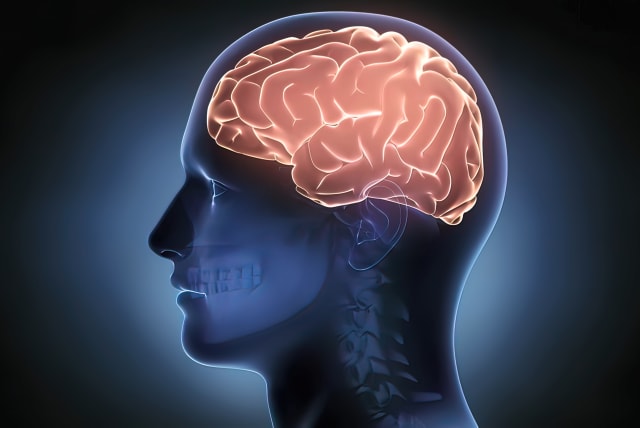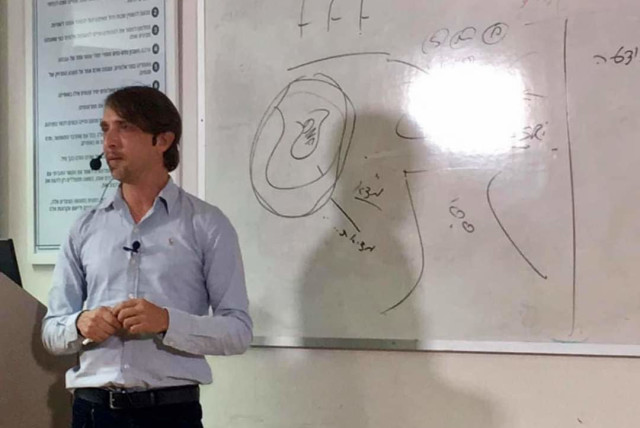Memories of trauma trigger distinct brain activity, say Yale researchers

The results could explain why PTSD patients have difficulty recalling traumatic experiences in a coherent way, and offer an explanation of why these past experiences can trigger disabling symptoms.
It is well known that people who have lived through traumatic events like violent combat, terror, sexual assault, or domestic abuse can experience symptoms of post-traumatic stress disorder (PTSD), including terrifying flashbacks, severe anxiety, and uncontrollable thoughts about the incident.
For PTSD sufferers, recall of traumatic memories often displays itself as intrusions that differ profoundly from processing of “regular” negative memories. What exactly happens in the brains of PTSD patients as they recall these events? Are they remembered the same way as, say, the loss of a beloved pet or a relaxing walk on the beach?
A new study co-led by Yale researchers finds that the brain activity triggered by recollections of traumatic experiences among people with PTSD is in fact markedly different from that which occurs when remembering sad or “neutral” life experiences.
In the study, which involved 28 different patients diagnosed with PTSD, researchers found that brain patterns were consistent across all individuals when they recalled their more typical life experiences. But when reminded of traumatic events from their past, neural responses differed significantly among the individuals.
Methodology and results
The study was the first to examine real-life personal memories instead of looking at basic cognitive mechanisms to link personal experience to brain function. Their findings support the notion that traumatic memories that cause PTSD are an alternate cognitive entity that deviates from regular memory and may provide a biological explanation for why the recall of traumatic memories often displays as intrusions that differ profoundly from “regular” negative memories for patients with PTSD.
The analysis of the brain activity of people with PTSD is also the first to reveal that traumatic memories are represented in the brain in an entirely different way than sad autobiographical memories.
“When people recall sad or neutral events from their past experience, the brain exhibits highly synchronous activity among all PTSD patients,” said Yale psychiatry and psychology Prof. Ilan Harpaz-Rotem, a co- senior author of the paper. “However, when presented with stories of their own traumatic experiences, brain activity was highly individualized, fragmented, and disorganized. They are not like memories at all.”
The study, conducted with researchers at New York’s Icahn School of Medicine at Mount Sinai, has just been published in the journal Nature Neuroscience under the title “Neural patterns differentiate traumatic from sad autobiographical memories in PTSD.”
For the study, the researchers asked each of the 28 participants a range of questions dealing with their traumatic experiences, events in their lives that caused sadness (such as the death of a family member), and moments when they felt relaxed. Each person’s story was written down and then read back to them while they underwent fMRI (functional magnetic resonance imaging) scans, which are used to map brain activity based on blood flow.
The researchers found that activity in the hippocampus – the area of the brain that forms memories of our experiences – followed similar patterns of activity among all subjects when they were reminded of sad or relaxing experiences from their lives, suggesting typical normal memory formation.
But when stories about their traumatic experiences were read back to them, the similarities in hippocampal activity among the group members disappeared. Instead, the hippocampus of each subject exhibited highly individualized and fragmented activity, unlike the more synchronous patterns of brain activity during normal memory formation.
The results could explain why PTSD patients have difficulty recalling traumatic experiences in a coherent way and offer an explanation why these past experiences can trigger disabling symptoms, the researchers explained. These insights could help psychotherapists help PTSD patients to develop narratives about their experiences that may help them eliminate the sense of immediate threat caused by their trauma, Harpaz-Rotem said.
The study identifies a neural basis of the different subjective experience of recalling a traumatic memory as opposed to a regular memory. The data suggests that a treatment target aimed at “returning” the traumatic memory representation into a typical hippocampal representation could be beneficial.
Jerusalem Post Store
`; document.getElementById("linkPremium").innerHTML = cont; var divWithLink = document.getElementById("premium-link"); if (divWithLink !== null && divWithLink !== 'undefined') { divWithLink.style.border = "solid 1px #cb0f3e"; divWithLink.style.textAlign = "center"; divWithLink.style.marginBottom = "15px"; divWithLink.style.marginTop = "15px"; divWithLink.style.width = "100%"; divWithLink.style.backgroundColor = "#122952"; divWithLink.style.color = "#ffffff"; divWithLink.style.lineHeight = "1.5"; } } (function (v, i) { });

